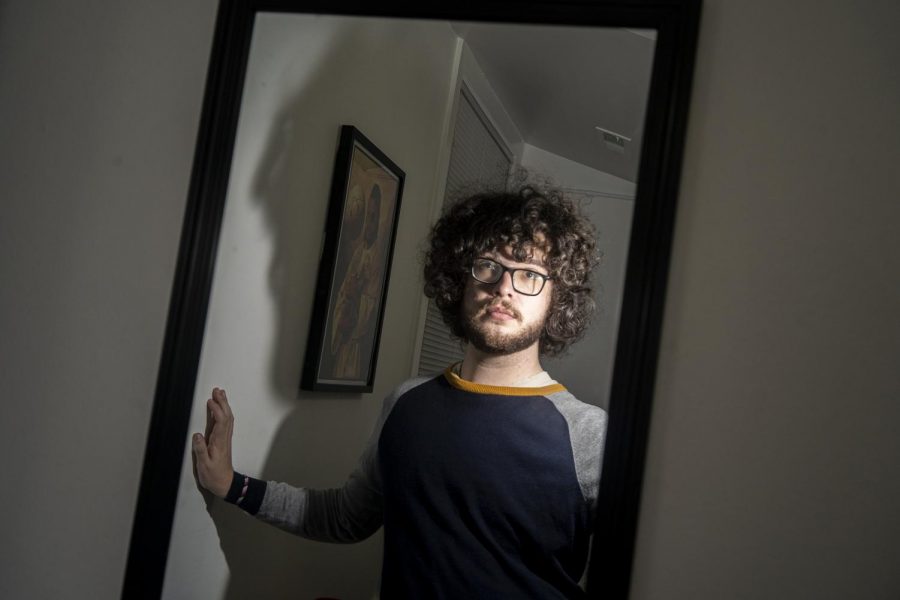Column: It hurts so much to say goodbye
December 17, 2021
Photography is the art of the past.
It does a very good job of telling stories that once were — protests, elections, small community events or sporting games.
Every photograph you or I have ever seen is some fraction of a second of light in a limited frame of reference that occurred some time ago. Many of the most famous photographs we have ever seen depict people who are long dead. If we are lucky, photographs of ourselves will long outlive us.
However, on the flip side, photography does a piss poor job of predicting the future.
Much like the field of photography that I love so much, I am quite awful at predicting what my own personal future will look like. In less than a week’s time, I will have had my last undergraduate class, my last in-class critique, my last hour worked at the Chronicle and I have no clue what the next step is.
There are many things I want to happen in my future. I want to work for a newspaper. I want to continue working on personal photographic projects. I want to volunteer and serve others more. I want to be happy. But, as journalism has taught me oh too well, people plan and God laughs.
I was not the best photojournalist starting off. I did not know how to find story ideas. I was not a very good writer. I was unreliable to say the least when it came to anything related to video production.
And then, in the midst of the chaos of my first semester working for the Chronicle, something incredible and tragic happened. The school closed as institutions across the country prepared for a spreading global pandemic.
If focusing on articles and photo editing was difficult before with my ADHD, shifting to a remote workspace was nothing short of a massive barrier for me. I let people down time and time again, and I wish that I could take those moments back.
However, it would be irresponsible of me not to acknowledge how much the Chronicle and working during the COVID-19 pandemic has changed me for the better.
In the summer of 2020, I would cover what would be one of the most important periods of protest and social unrest in American history. I became more confident in my work, and I took on more responsibilities. With the help of Camilla Forte, who was my editor at the time, I organized my other fellow photojournalists to make portraits of Chicago voters in a story I consider one of my proudest moments at the Chronicle.
I even, against all odds, became a better writer. Not to boast, but I wrote, not one, but two whole articles on bird-related activism in Chicago. Without my time working at the Chronicle, I would have never had the chance to work as an editorial intern for the Chicago Sun-Times earlier this year, where I racked up 30 bylines
Out of necessity, I got back on my prescription for ADHD medication and began taking anti-depressants for the first time. I even started going to therapy regularly. In an odd way, the pandemic forced me to address a lot of mental health issues I was neglecting beforehand.
In the fall, I became the co-director of photography, which helped me sharpen my leadership skills.
But more important than any titles, I have connected to a group of wonderful people whom I consider my second family. Without all of the countless people at the Chronicle who have helped me along the way, I would still be that same naïve kid I was when I got here.
All of the people I have met while reporting and have gotten to interview and photograph have changed my life for the better. I wish I could let all of them know that.
But now, it is the time to look toward that obscure future of mine and find out what is to come next. I do not know where my camera will take me, but I know that I am ready for anything because of the village that has raised me.
It hurts so much to say goodbye, but I manage knowing how much there is to look forward to.








